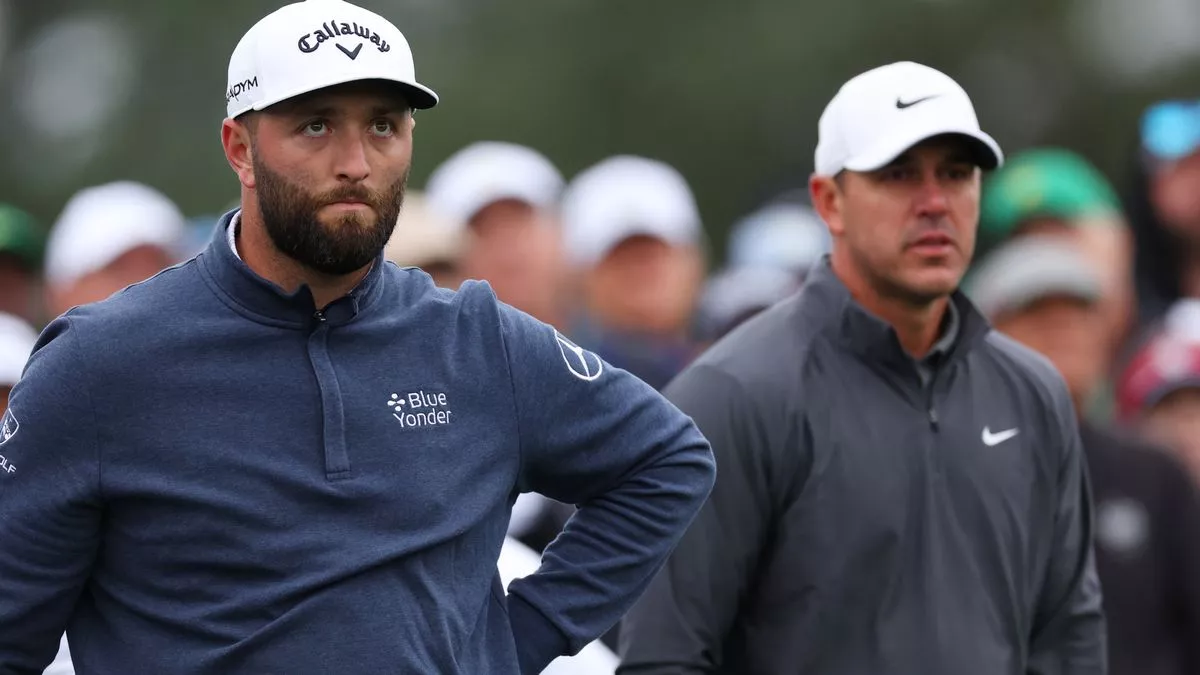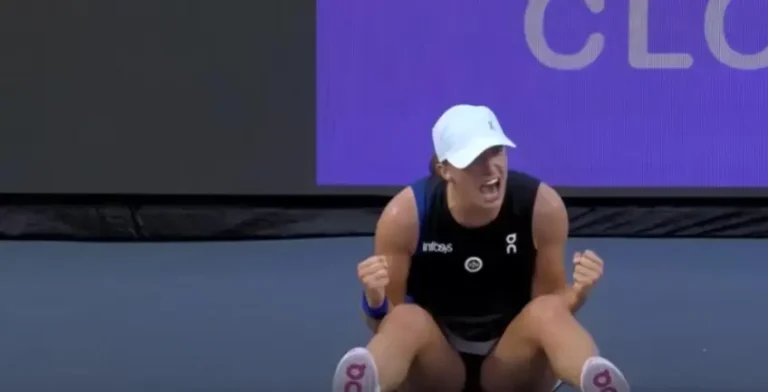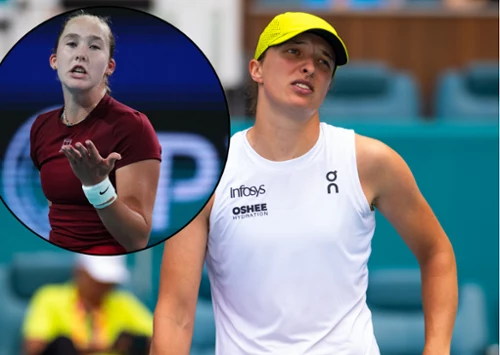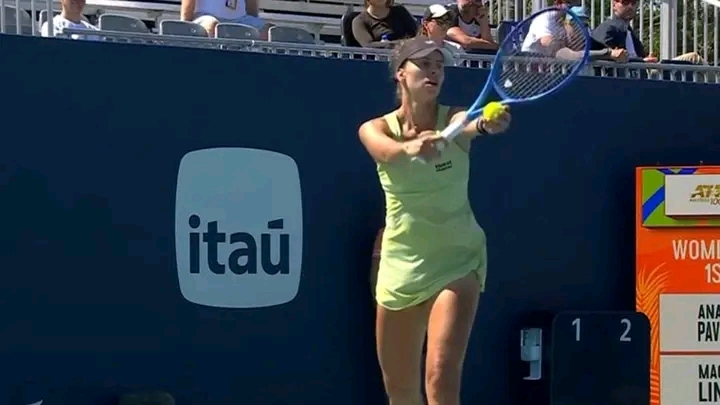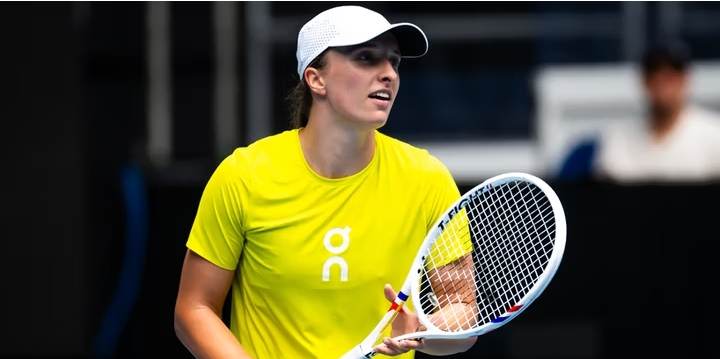Jon Rahm and Brooks Koepka mocked by golf legend in brutal dig at LIV Golf
Nick Faldo Takes a Swipe at LIV Golf, Criticizes Declining Interest in Professional Golf
Nick Faldo, the renowned golf legend, has recently made headlines with his pointed critique of the LIV Golf series and its impact on the professional golf landscape. Faldo, known for his illustrious career and sharp commentary, has expressed his disdain for the Saudi-backed breakaway tour, using his platform to highlight what he perceives as its failures in captivating golf audiences.
Hosting the Betfred British Masters at The Belfry, a venue rich in personal history for Faldo, the European golf icon took the opportunity to voice his continued support for the traditional tours: the DP World Tour and the PGA Tour. The event, steeped in Faldo’s legacy, provided a fitting backdrop for his comments about the current state of professional golf.
Faldo’s criticism of LIV Golf was both direct and scathing. He pointed out the league’s lackluster television ratings and suggested that its inability to make a significant impact on viewership is indicative of a broader issue. “I think they [LIV Golf] are an island and go and do their own thing,” Faldo remarked, making it clear that he feels the breakaway tour is somewhat isolated from the main golfing community. He added, “That’s absolutely fine with me, go and play their tour.”
The former golfer’s critique extended to a humorous observation regarding the league’s marquee players. Faldo noted with a touch of irony that LIV Golf’s playoff, featuring high-profile names such as Brooks Koepka and Jon Rahm, was outperformed in viewership by pickleball. “Quite amusingly, pickleball was bigger than their two stars [Koepka and Rahm] in a play-off,” he said, highlighting the stark contrast between the popularity of LIV Golf’s events and other sports.
Faldo’s jest was not without a serious underlying message. He underscored his belief that the league’s failure to generate substantial viewer interest is a symptom of a larger problem affecting the sport. “The sort of excitement everyone wants. But it got beat for viewership by pickleball,” Faldo concluded, suggesting that despite the substantial financial incentives provided to players, the tour has not managed to engage audiences effectively.
The critique of LIV Golf comes against the backdrop of a broader decline in golf viewership. Recent data reveals a 30 percent drop in audience figures for the PGA Tour’s FedEx Cup playoff event, the FedEx St. Jude Championship, compared to the previous year. Faldo attributes this decline to the financial upheavals caused by the advent of LIV Golf.
Faldo expressed concern over how LIV Golf’s financial influence has altered public perceptions of the sport. He noted that the focus on enormous prize money and appearance fees has shifted the narrative around golf. “It’s been so damaging to the public’s attitude to golf,” Faldo asserted. He recounted his own television career, during which he was advised against discussing prize money, and contrasted it with the current era of excessive financial rewards in golf. “I did 18 years of television, and I was told not to talk about prize money. When the FedEx Cup went to 10 million, I went ‘wow, look at this, this putt is worth 10 million!’ That was about the only time I mentioned money and now, all of a sudden, it’s ridiculous amounts. It’s really changed it,” Faldo reflected.
Amidst these broader critiques, the British Masters at The Belfry remains a focal point. Leading the event is LIV Golf’s own Tyrrell Hatton, who has returned to the DP World Tour with a strategic aim of maintaining his Ryder Cup eligibility for 2025. Hatton’s performance has been noteworthy, as he shot an impressive seven-under-par 65 on Friday, securing eight birdies and positioning himself at 10-under, one stroke ahead of the rest of the field.
In summary, Nick Faldo’s remarks underscore a critical view of the current state of professional golf, emphasizing the challenges faced by LIV Golf in gaining traction and the broader implications of its financial influence on the sport. His comments reflect a deeper concern about the impact of breakaway tours on golf’s traditional structures and the overall viewer experience.
